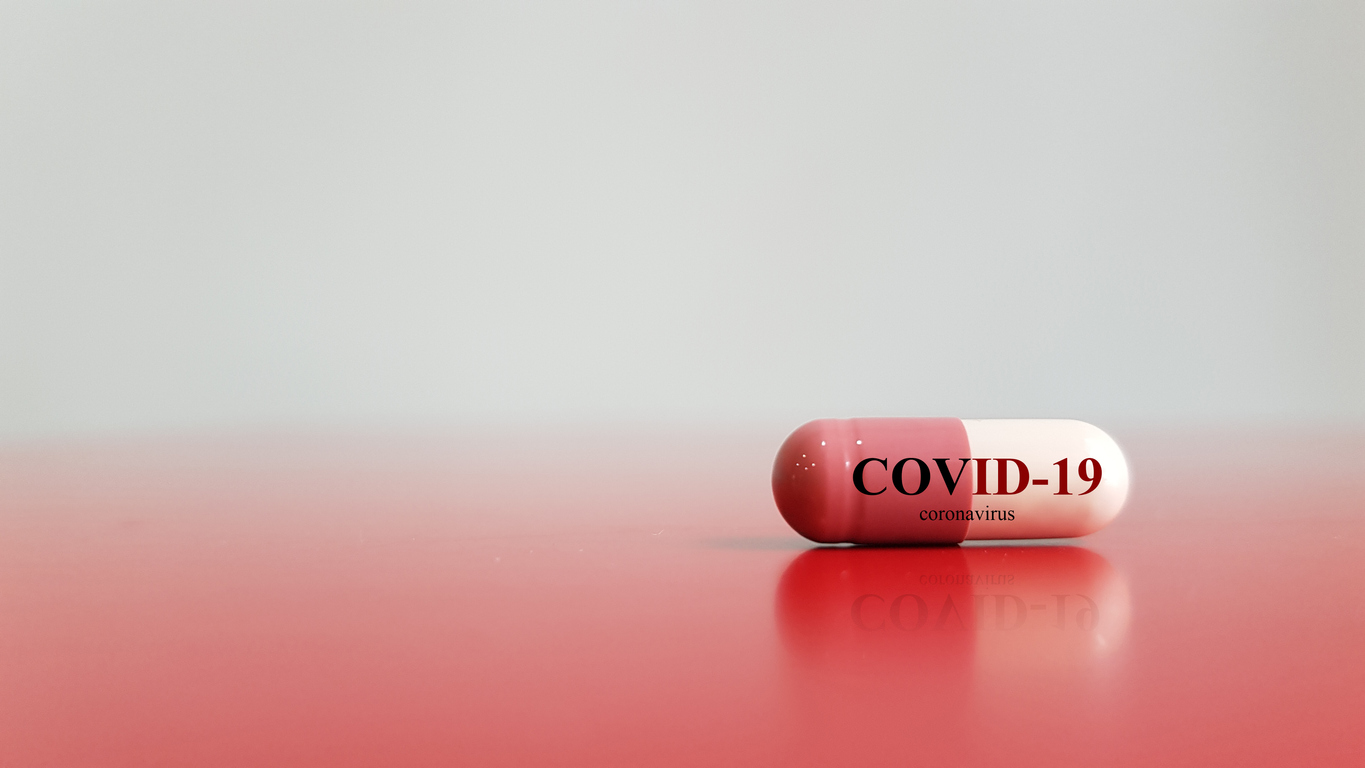
Know the strengths and weaknesses of DRDO’s COVID cure
The Drug Controller General of India (DCGI) may have approved Defence Research and Development Organisation’s (DRDO) ‘medicine’ for “emergency use” in treating COVID patients, but health experts are apprehensive about using the drug since they argue its utility has not been established yet.

The Drug Controller General of India (DCGI) may have approved Defence Research and Development Organisation’s (DRDO) ‘medicine’ for “emergency use” in treating COVID patients, but health experts are apprehensive about using the drug since they argue its utility has not been established yet.
About the ‘wonder’ drug
The anti-COVID oral drug, 2-Deoxy-D-Glucose (2-DG), has been developed by DRDO laboratory- Institute of Nuclear Medicine and Allied Sciences (INMAS) in collaboration with Dr Reddy’s Laboratories.
DRDO project director Dr Sudhir Chandana, who is the man behind introducing the drug for COVID patients, said they discovered in April 2020 (beginning of spread of the pandemic) that 2-DG checks replication of coronavirus, which means it halts the growth of COVID-19 inside body tissues.
The drug primarily inhibits glycolysis, a way in which cells break down glucose for getting energy. The basic premise of using 2-DG for COVID treatment is that the way it starves and kills cancer cells, the drug can work in controlling replication of coronavirus, which is dependent on glycolysis for its growth.
The DCGI approved clinical trials in May 2020 and the second trial results were out by October 2020, which, according to Dr Chandana, “were very good”.
Phase – III clinical trials were approved in November last year and conducted in 27 hospitals all over the country. DRDO concluded that the drug “helps in faster recovery of hospitalised patients and reduces supplemental oxygen dependence”.
How does the drug reduce dependence on oxygen?
Dr Chandana said the 2-DG reaches out to every part of the body and prevents the growth of infected cells by preventing viral synthesis and destroying the protein’s energy production. The drug is also effective in controlling spread of infection in lungs, thus helping cut down patients’ reliance on medical oxygen.
Objections on use of the drug
2-DG is yet an unapproved anti-cancer drug, which had previously been tested against influenza to stimulate gastric acid secretion. It was tried to treat cancer independently or to support chemotherapy, said Dr Sahaj Rathi, assistant professor, Hepatology, Institute of Liver and Biliary Sciences, New Delhi, while speaking to The Hindu.
Health experts, however, suggest there isn’t enough published data on human trials of the drug, which raises doubts about its effectiveness and possible side-effects. They suspect that in the absence of concrete phase III trial results, the drug could harm healthy cells.
The Institute of Nuclear Medicine and Allied Sciences (INMAS), a DRDO lab, too is yet to establish its efficacy in the context of radiation therapy for cancer.
After initial tests proved the drug killed coronavirus cells, Dr Reddy’s Labs went to the DCGI, seeking permission to sell it in the open market. The subject expert committee (SEC) of the DCGI, however, suggested a larger phase-3 trial to be doubly sure of 2-DG’s capacity in curing COVID.
Also read: Indian regulators authorise Covaxin trials in children aged 2 to 18
Dr Reddy insisted on approval, arguing that though the medicine was unapproved as on June 2020, it had gone through 218 clinical trials as an anti-cancer drug. “Dr Reddy’s believes that this could potentially result in a preferential and disproportionately high accumulation of 2-DG in inflamed lung tissue of COVID-19 patients thereby leading to starvation in the lung cells, which in turn would lead to inhibition of viral replication,” the company statement noted.
DRDO too declared: “Clinical trial results have shown that this molecule helps in faster recovery of hospitalised patients and reduces supplemental oxygen dependence. Higher proportion of patients treated with 2-DG showed RT-PCR negative conversion in COVID patients.”
“Cancer cells depend heavily on glucose for their survival and hence by tagging them with 2-DG we can restrict cancer cell growth. Similarly, it can also affect high glucose utilising normal cells like brain cells (neurons) and could cause brain related side-effects,” Dr. Cyriac Abby Philips, who specialises in Hepatology and Liver Transplant Medicine, at Rajagiri Hospital in Kerala, told The Hindu.
Also read: India records highest COVID deaths of 4,204 in 24-hrs; 3.48L new infections
Dr Philips said that the safety profile of the drug was “still questionable”. He said the sample size of 220 subjects referred to on ICMR website was inadequate for knowing safety profile along with efficacy.
Dr Rathi of Institute of Liver and Biliary Sciences, New Delhi, said the claim that 42% patients on 2-DG have improved symptomatically needs more substantiation because 31% didn’t show any signs of improvement. He said that we need detailed evaluation to know if the improvement, to whatever extent, was sustained throughout and it actually stopped patients from going onto the ventilator. Dr Rathi also sought more data on how many deaths were prevented after the administration of 2-DG.

